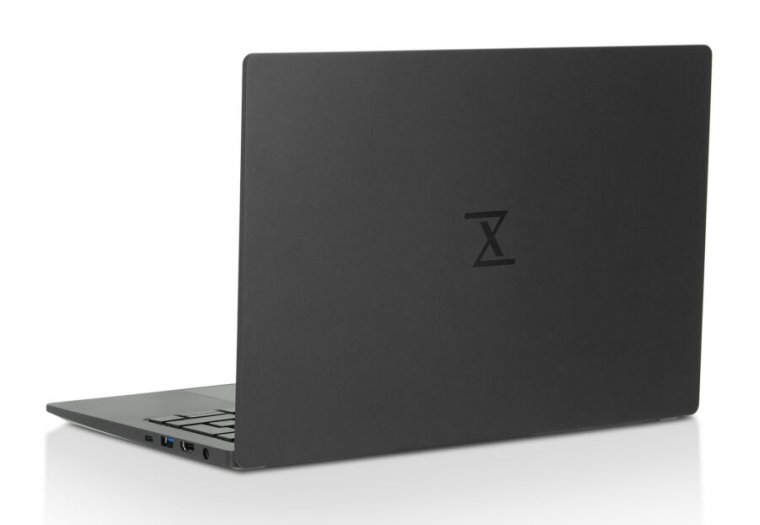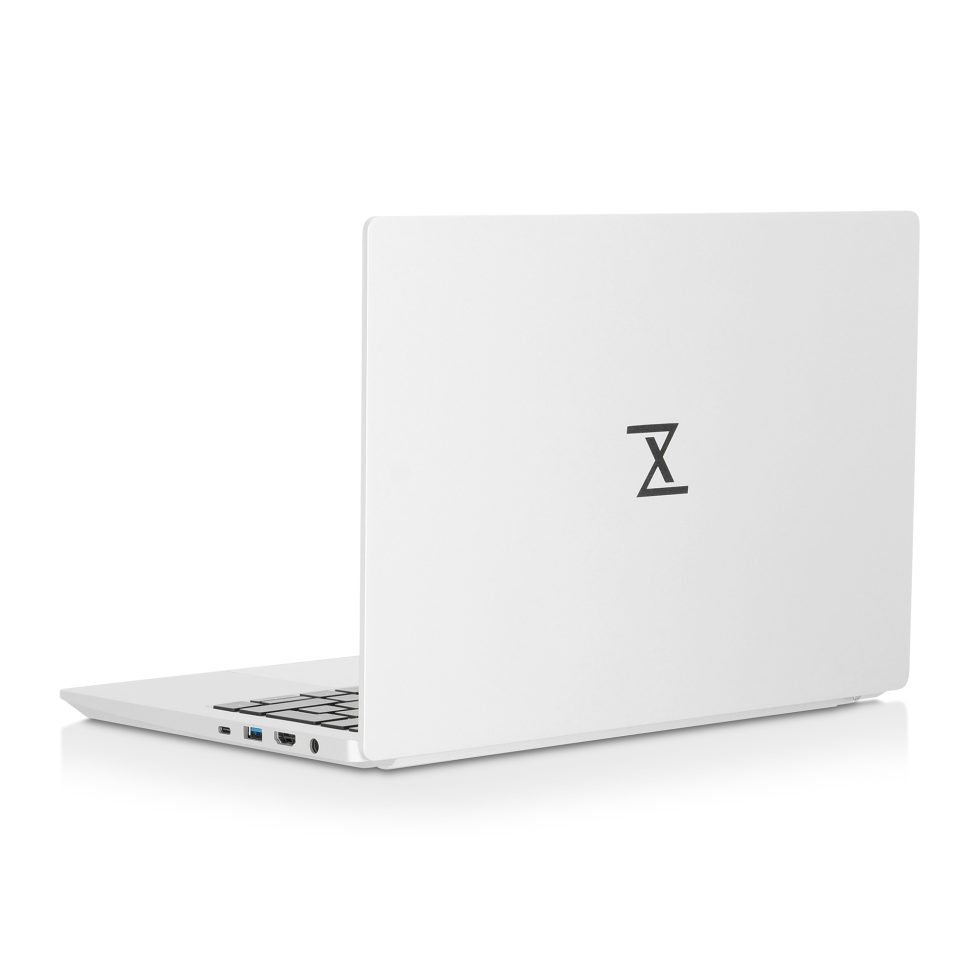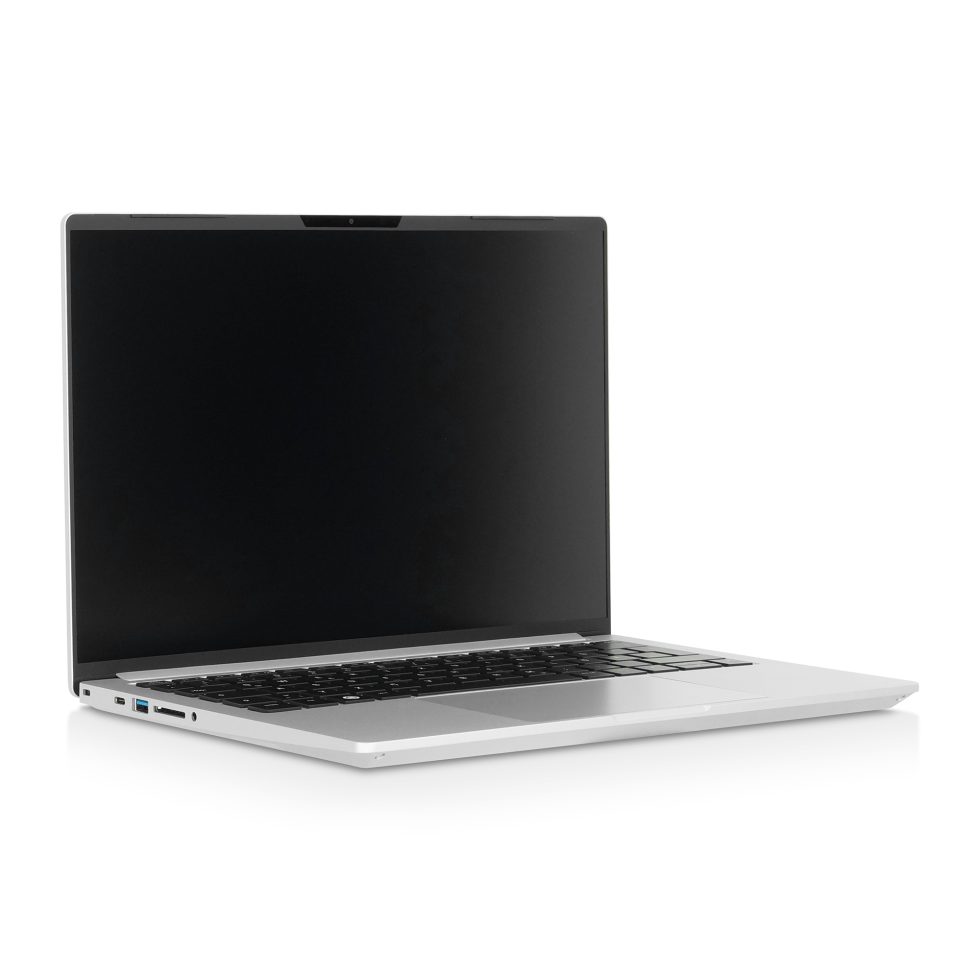
Tuxedo Computers
Ultralight laptops are great for slipping into a bag and traveling with, and they look pretty stylish. However, a trim build often comes with trade-offs. Battery capacity is a common one, as companies struggle to fit larger batteries into machines that are under an inch thick. German PC maker Tuxedo Computers’ latest ultralight InfinityBook Pro 14 looks to address that challenge for Linux users with a massive battery.
The InfinityBook Pro 14 – Gen7 announced today comes with either big storage or a big battery. The company is selling it with the option for a 99 watt-hour (Wh) battery, which is about as big as a lithium battery can be while being allowed on an airplane (100 Wh).
-
You can get the laptop with a 56 Wh battery…
Tuxedo Computers
-
…or a 99 Wh battery.
Tuxedo Computers
Notably, the laptop uses a lithium-polymer (Li-Po) battery rather than lithium-ion (Li-Ion), which is more common among laptops. Li-Po batteries tend to be lighter, more stable, and have a longer life span, making them popular in smartphones. However, Li-Ion batteries tend to have higher capacities for less and slower self-discharge.
Still, this is a high-capacity battery for a PC that’s only 0.63 inches (16 mm) thick and 2.87 pounds (1.3 kg). Let’s look at the Li-Ion batteries in some other ultralights we’ve reviewed lately: The 0.65-inch-thick HP Elite Dragonfly Chromebook has a 50 Wh Li-Ion-Po battery, the 0.61-inch thick Lenovo ThinkPad X1 Yoga has a 57 Wh Li-Ion battery, and the 0.59-inch-thick Acer Swift 5 has a 56 Whr Li-Ion battery. At 99 Wh, the InfinityBook is closer to mega gaming laptop territory, like the Alienware m17 R5, which is 1.05 inches thick, starts at 7.3 pounds (3.3 kg), and has a 97 Wh Li-ion battery.

Tuxedo Computers
Of course, there’s more to how long a laptop will last before needing a charge besides battery size. Tuxedo claims the InfinityBook Pro 14 can last for “around 10 hours” with “office work and web surfing via WLAN” and up to 16 hours with the machine idle. It’s not an apples-to-apples comparison, but Lenovo claims up to 14.9 hours at 250 nits with the MobileMark 2018 benchmark and 19.7 hours of 150-nit local video playback with the ThinkPad X1 Yoga.
Tuxedo also makes a storage-focused edition of the laptop with a 56 Wh battery and a six- to eight-hour battery claim with the laptop set to 150 nits, and it uses WLAN and lasts for nine hours when idle. The storage edition of the laptop supports up to 4TB of storage across two SSDs in a Raid 0 or Raid 1 array. The Storage Edition is also lighter at 2.43 pounds (1.1 kg).

Tuxedo Computers
Tuxedo’s clamshell charges through its 90 W power supply or over USB-C. It’s specced with an Intel Core i7-12700H with eight Efficiency cores, six Performance cores, 20 threads, a turbo speed of 4.7 GHz, and a 40 W TDP. It can also hold up to an RTX 3050 TI Max-Q (4GB, 35 W TGP that can boost up to 45 W) and has a 14-inch screen with 16:10, 2880×1800 resolution. Tuxedo claims the IPS display can hit 400 nits and cover 99 percent of sRGB.
Tuxedo’s announcement said the laptop comes with preinstalled Linux drivers and Tuxedo’s Linux distribution, Tuxedo OS, which is based on Ubuntu with KDE Plasma Desktop.
When configured with 8GB of DDR4-3200 memory and a 250GB Samsung 980 EVO Plus NVMe SSD, the InfinityBook Pro 14 is 1,629.41 euros, excluding German VAT (about $1,625.47).
With a 55 Wh battery, the laptop is 1,587.39 euros, excluding German VAT (about $1,583.56).
Ars Technica may earn compensation for sales from links on this post through affiliate programs.
Listing image by Tuxedo Computers